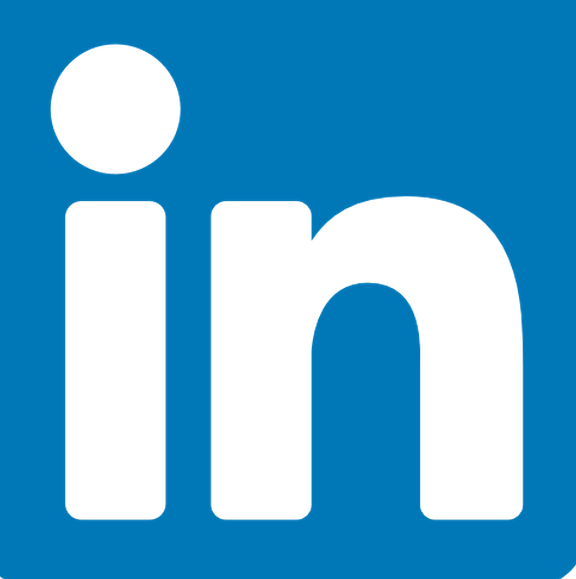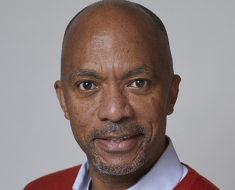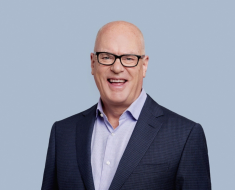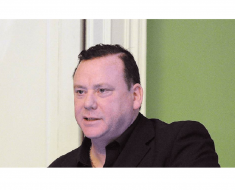Is measurement an important aspect when you plan for success? Well, yes, it is, but we often miss the how, feels Nikhil Dey, Executive Director, Adfactors PR. Dey also introduced himself as a weekday communicator and weekend coach. In his session at the 25th anniversary of the AMEC Global Measurement and Evaluation Summit on 26th May 2021, he drew parallels between the world of communication and coaching, Barcelona principles and coaching competencies.
The International Coaching Federation (ICF) defines coaching as partnering with clients in a thought-provoking and creative process that inspires them to maximise personal and professional potential. Giving it an interesting angle, Dey asked to replace coaching with measurement in the definition, which then entirely changes the perception. Measurement becomes a partner – an equal in this process – that becomes empowering for a person who is practising both communication and measurement. This enables a creative environment, thereby removing the heaviness around measurement.
Talking about how he came to discover the power of measurement, Dey said it was about differentiating the proxy problem from the real problem – the ability of a seasoned coach compared to a novice. This intersection of coaching and communication was the U-turn moment for him. It was at this juncture where he started looking at what really clients wanted out of PR. The Barcelona principles are about defining clear, well thought through goals that are then a prerequisite for all things communication, including planning, evaluation, and a measurement point of view. He believed that it was the ecosystem’s job or the client’s job to give him that clarity, while he thought of himself as an excellent communicator who came in with creative ideas and measurement tools without realising the importance of the starting point. And that is where the why matters.
Deriving a new value from the intersection of measurement and coaching, it was clear that measuring what matters the most to the client is how we can get the most out of measurement. Therefore, it is important to understand what matters, what matters the most, and why that matters. When it comes to client, putting on the coach hat helps a person realise that it is their job to get the clarity and purpose rather than complaining about the brief. If the discovery is done well, measurement can be done equally well, which can aid that discovery. This, Dey said, is the journey from a frustrated communicator to an excited one with a simple switch. By putting in the effort right up front with a thorough understanding of what really matters and why it matters, the expertise and skills to show how measurement can lift the game will shine through.
While the ‘what’ matters, the ‘why’ matters more. As smart PR practitioners and great measurement professionals, our job, he said, is to really work on understanding why something is important to a particular client. While on this journey you keep probing till you come to a proposed set of broad objectives and specific goals. Sharing his personal experience, Dey said as he continues to try this, the more success he finds with clients indulging him who are happy with the fact that he is putting in efforts to reframe concepts to bring new insights and awareness.
He shared three things that each person can do to be the awareness and accountability partner:
1. Change our own minds about the canvas of measurement and remember the client knows best.
2. Ask powerful questions that are open-ended, non-judgemental and curiosity generating.
3. Hold space to co-create and paint a picture thereby committing to actions.
In his closing remarks, Dey reiterated that one must not be drawn in by the proxy problem; dig deeper, look for the real issue and figure what is important to the client. The focus should be on helping the client succeed. That is the smart move and not showing how smart we are at measuring.
(Session coverage by Julia Joseph, AvianWE)








